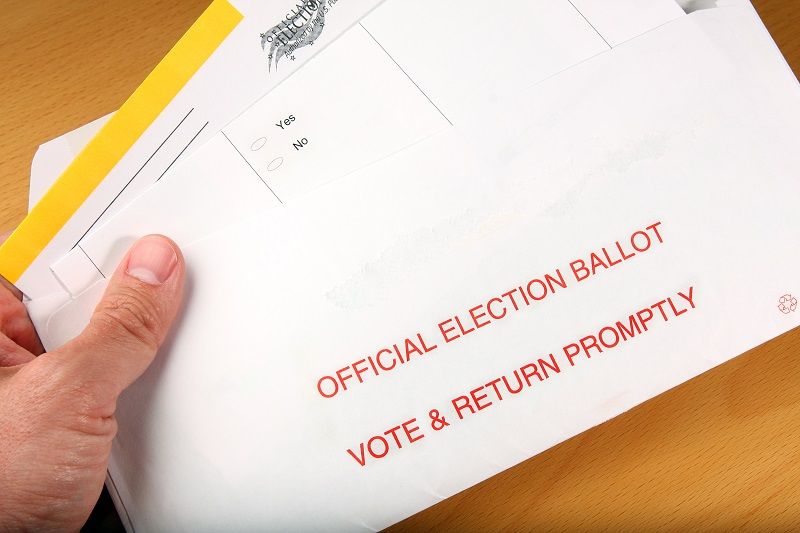![]() Click here to read the full report in PDF format
Click here to read the full report in PDF format
Summary: Governor Kulongoski and others propose to transfer even more money from the private sector to government coffers through what is becoming known as “kicker reform.” As an appointed taxpayer advocate on the Governor’s Task Force on Comprehensive Revenue Restructuring, I have a different view of the kicker and its effect on budget stability.
The voters have spoken and agreed with legislative leaders that the “rich” and corporations should pay more taxes through Measures 66 and 67. Now, Governor Ted Kulongoski and others are turning their attention to transferring even more money from the private sector to government coffers through what is becoming known as “kicker reform.” As an appointed taxpayer advocate on the Governor’s Task Force on Comprehensive Revenue Restructuring, I have a different view of the kicker and its effect on budget stability.
The Task Force found, and I agree, that establishing more reliable state income forecasting and more prudent budgeting are worthy goals. I do not agree, however, that the state is the best repository for ending balances under a proposed new forecasting method. That money rightfully belongs to the individuals and corporations who earned it.
The Task Force Proposal basically requires the Governor to develop a point estimate for General Fund revenue in each biennium, and then determine a range of roughly six percent above and below that point estimate. This would be an improvement over the current point-estimate-only approach, which is almost always wrong.
The problem lies in the Proposal’s requirement that only revenue above the top of the forecast range be returned to taxpayers in the form of kicker checks. This will have the practical effect of eliminating most kicker refunds that Oregonians have come to expect when state revenue exceeds estimates by more than two percent.
The Proposal also requires that revenue above the point estimate, but below the top of the forecast range, be placed in a rainy day fund of up to ten percent of the General Fund. The intent is to grow a more substantial fund that can help the state deal with recessions like the one we are in right now.
I will tell the legislature that locking this entire Proposal into the Constitution will simply make it easier for the state to avoid exercising the kind of real fiscal discipline that Oregonians should expect. The effect would be to permanently transfer billions of dollars from the private to the public sector into the foreseeable future. I also will point out that, in my opinion, it will be relatively easy for opponents to derail the effort by telling voters that it is simply an attempt to “steal our kicker.”
How to build a rainy day fund without “stealing the kicker”
In fact, the Proposal is built on a fallacy. Its supporters assume that the kicker somehow has prevented the state from building a substantial rainy day fund, when in reality there has been no legal prohibition against lawmakers budgeting for less spending than the point estimate revenue forecasts would allow.
If, for example, the revenue estimate for a biennium is $15 billion, the legislature is free to budget spending of $14 billion, and budget one billion dollars toward the rainy day fund. They never do this, not because it’s legally prohibited, but because the political pressure to spend every dime is so strong.
Under the Task Force Proposal, however, if the point estimate is $15 billion and the top of the range is $16 billion, the legislature can budget and spend $15 billion and must save the additional billion dollars. The effect is to transfer one billion dollars from the private to the public sector and effectively to grow government faster than the people have allowed it to grow under the current kicker law.
My recommendation is to accept the part of the Proposal that improves state revenue forecasting, but reject the part that, over time, would transfer billions of dollars from the private to the public sector.
If legislators wish to grow a substantial rainy day fund, they can ask voters to change the Oregon Constitution to require that they can only budget and spend up to the low end of the forecast range, and save everything else up to the point estimate until the rainy day fund has reached some predetermined level. This would leave the kicker law intact, restrain the growth of government, and grow the rainy day fund all at the same time. It would be reform that many taxpayers could enthusiastically support.
Steve Buckstein is founder and Senior Policy Analyst at Cascade Policy Institute, Oregon’s free market public policy research organization.











